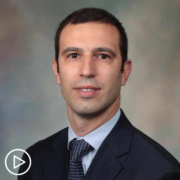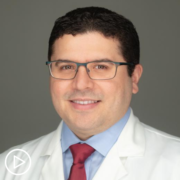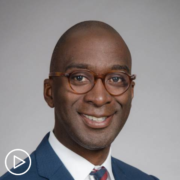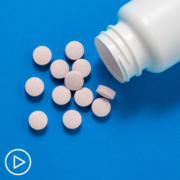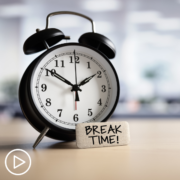Dr. Jun Gong: Why Is It Important for You to Empower Patients?
Dr. Jun Gong: Why Is It Important for You to Empower Patients? from Patient Empowerment Network on Vimeo.
Why is it important to empower patients? Expert Dr. Jun Gong from Cedar-Sinai Medical Center shares his perspective on how empowering patients impacts them and specific ways he improves his gastric patient care.
See More from Empowering Providers to Empower Patients (EPEP)
Related Resources:
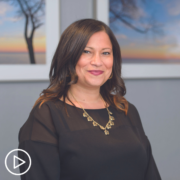
|
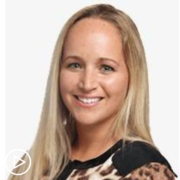
|
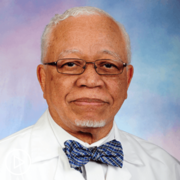
Dr. Isaac Powell: Why Is It Important for You to Empower Patients? |
Transcript:
Dr. Jun Gong:
So empowering patients is very important because we can only do so much from our side in terms of we have treatments to offer, we have prescriptions to provide, we have diagnostics we can do to work up certain maladies and illnesses. However, I think what we don’t grasp is how much happens at home. The majority of the time is the patient at home with their caregiver, with their family members? And here, I think it’s a very important pillar of treatment where not only is one pillar just from the oncologist side and from the doctor’s and all the healthcare providers’ side, the other pillar is what happens at home.
And this is where I think empowering patients is very important. This is where empowering them to control what foods they eat, what foods have been known to be risk factors for stomach cancer or any kind of cancer.
What foods to focus on, to building nutrition, to be able to tolerate chemotherapy or cancer treatment, to be able to boost your immune system. These are important aspects that are controlled really at the patient level and the family level. The other way to empower patients is activity. We often say it that, mother knows best. If you don’t use it, you’re going to lose it. And so debilitation is a big problem in our cancer patients as well.
So ways to promote activity, whether it’s just a walk, a daily walk outside the neighborhood, or even to more strenuous types of cardiac exercises. And here we actually have newer resources available in our physical rehab colleagues. Our cancer nutritionists are excellent resources as well. And these are just aspects of empowering patients on what they can do at home. Because I often find patients and family members ask, what else could we be doing beyond what we are prescribing in the clinic and what we’re doing in the hospital or the medical care setting?
The other aspect is to empower patients to know that it is appropriate, always appropriate to seek more than another opinion on your treatment plan. And we have a really, really close relationship from both the academic to the community level where we’re more than happy to review clinical trials, provide second opinions. Here is a very important part that we recognize that we are not here to, let’s just say, have patients stay with us for treatment. We envision a relationship where if a trial is not available, our recommendations should be to deliver these recommendations to the community provider so that they can provide day-to-day care because their care is just as excellent and they have just the same access to standard of care. We are here for a mutual relationship and partnership. It is not a one-way street, and it’s not definitely a black hole where if you refer patients to a larger academic center, are you worried that you won’t hear from the patient or from the provider? We always make it a close goal to have timely feedback to our referring partners. And this is just some of the few ways that I believe it’s important to empower your patients.

